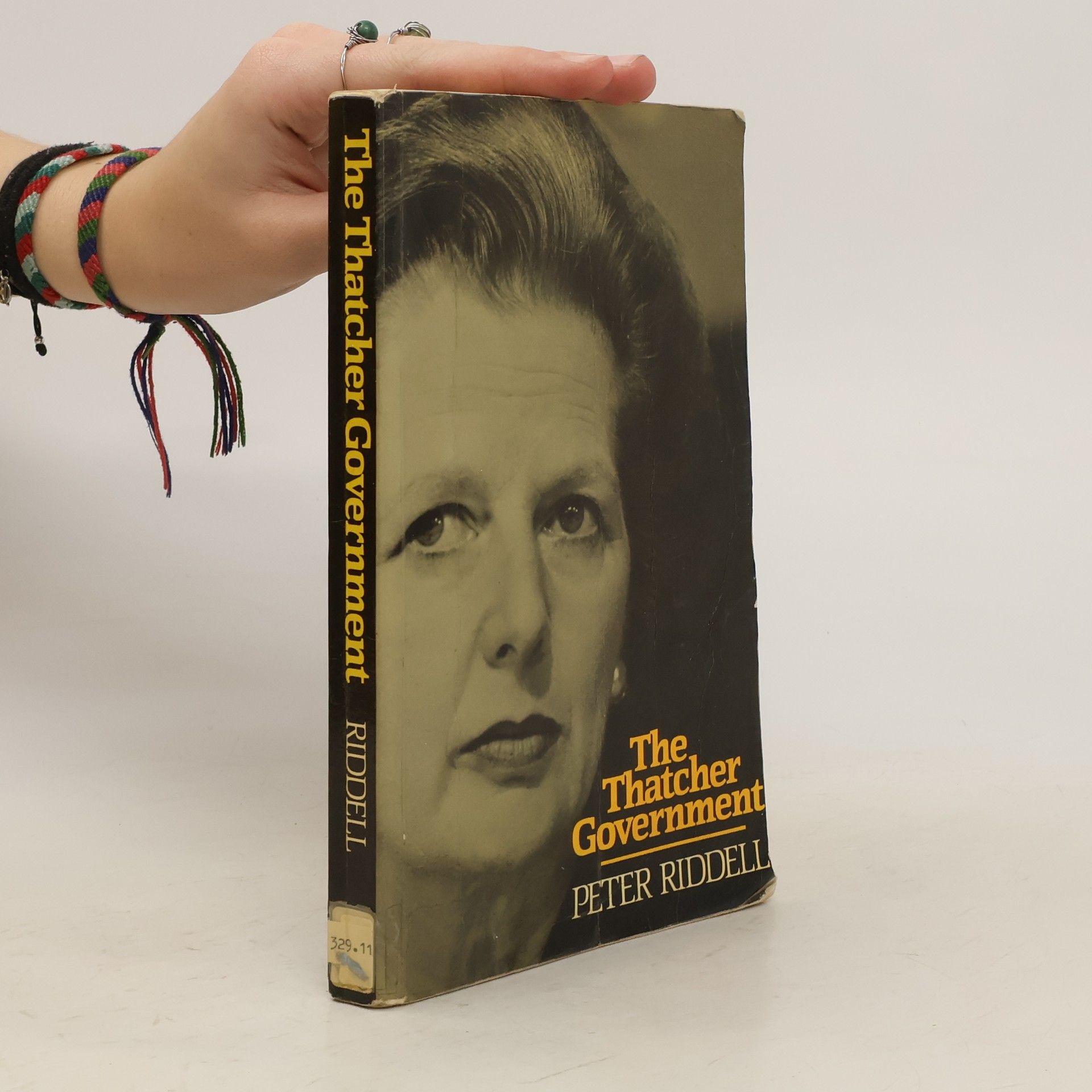Much has changed in Britain since Margaret Thatcher came to power in May 1979 and consolidated her position with election victories in 1983 and 1987. But how much is attributable to her and how much would have happened anyway? This book provides an analytic view of the social and political climate under Thatcherism. It addresses broad areas of concern - the economy, industrial decline, the public sector, privatization and popular capitalism, law and order, foreign policy, the machinery of government - and assesses what Mrs Thatcher has sought to do and what she has achieved.
Peter Riddell Livres





15 Minutes of Power
- 336pages
- 12 heures de lecture
Peter Riddell explores what it means to be a minister in the British Government.
Hug Them Close
- 336pages
- 12 heures de lecture
Peter Riddell turns his attention to the curious relationship between Tony Blair and George W. Bush in what is certain to be one of the best-selling political books of 2003. Placing Blair and Bush in the context of Anglo-American relations throughout history, Riddell traces their relationship from its early tensions, through 9/11 and the war in Afghanistan and onto Blair's apparent subservience to Bush over Iraq. He discovers a complex and often bizarre relationship rooted in a failed British foreign policy that will soon be forced to choose between America and Europe.
The Unfulfilled Prime Minister
- 226pages
- 8 heures de lecture
On that sunny Friday morning back in May 1997 Tony Blair promised so much, but seven years later his premiership seems a huge disappointment. Why and how has he failed to deliver on the optimism of his early months? Peter Riddell goes behind the jibes about a presidential prime minister, control-freakery, the Third Way and 'phoney Tony' to anatomise why in the public services performance has signally failed to live up to expectations and the war against Iraq has left the premier embattled and mistrusted, even by many on his own side. An incisive and informed analysis of political unfulfilment